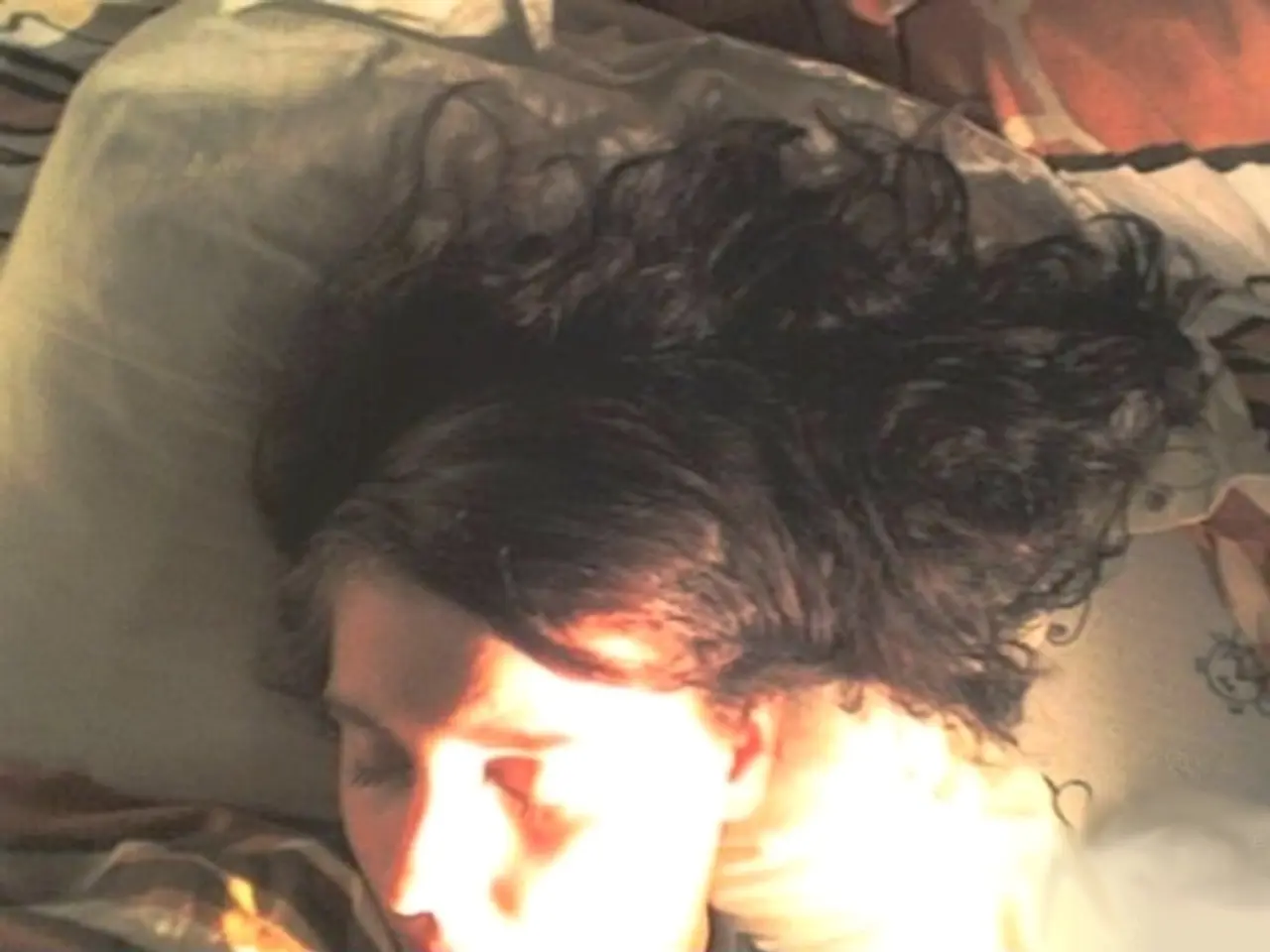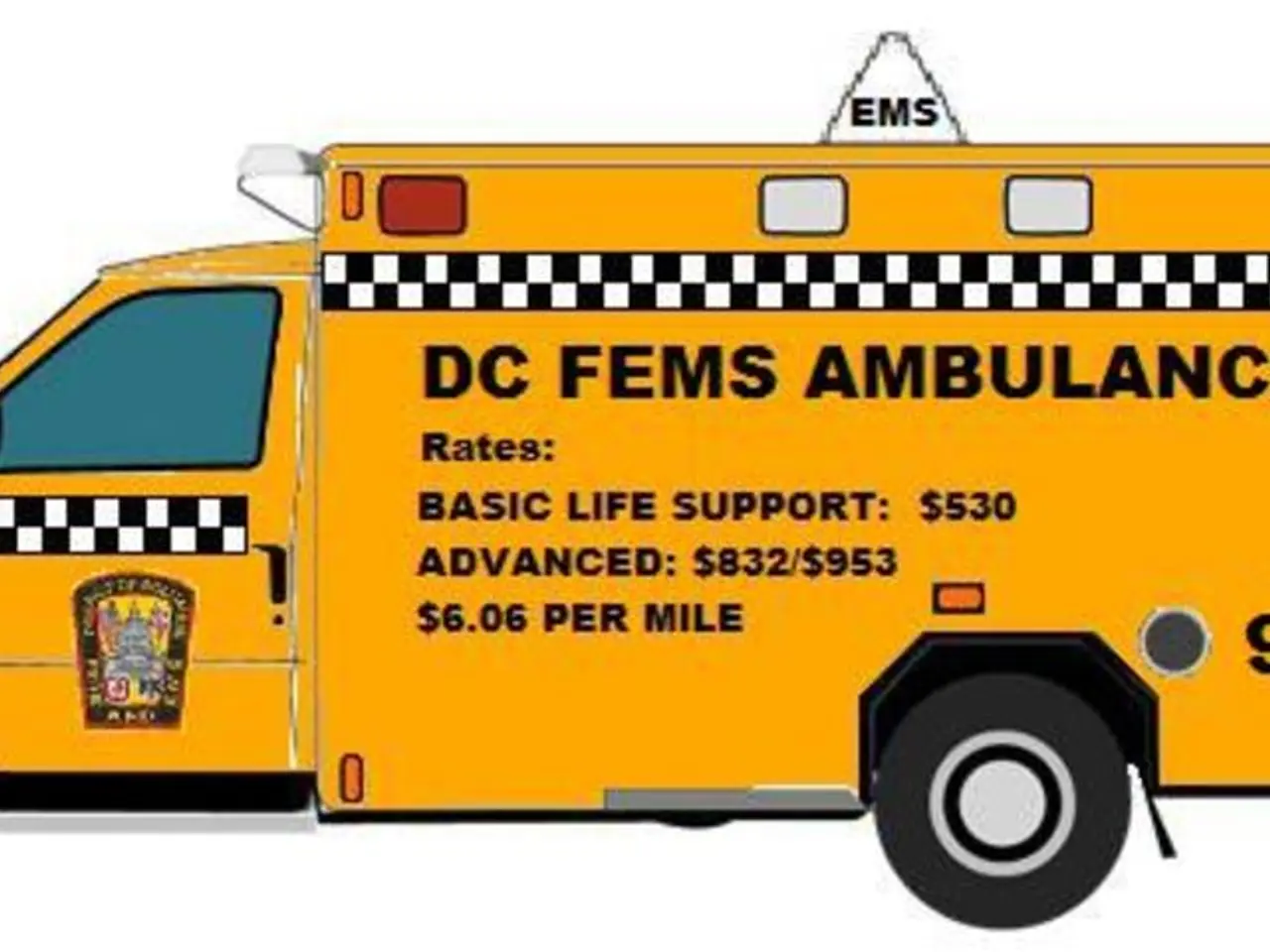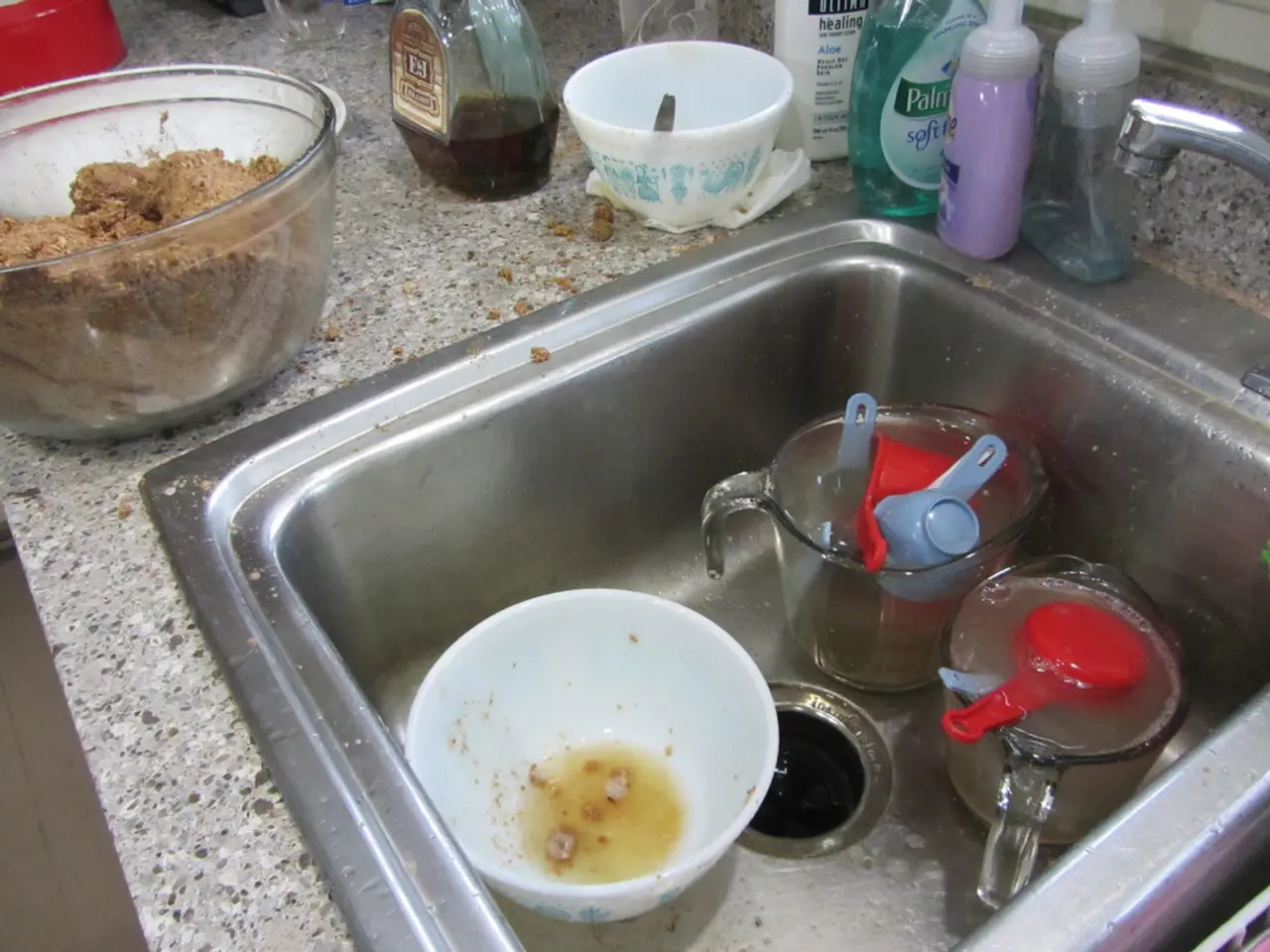Utilize ASV Machines: Guidelines, Operation, and Notable Products
The ResMed AirCurve 10 ASV and Philips DreamStation BiPAP Auto Servo-Ventilation (ASV) systems are sophisticated positive airway pressure devices designed to treat complex and central sleep apnea. Here's an analysis of their advantages and disadvantages for sleep apnea treatment:
### Advantages
**1. Adaptive Servo-Ventilation (ASV) Technology** - Both devices use ASV, which continuously monitors breathing patterns and automatically adjusts pressure support on a breath-by-breath basis, improving therapy effectiveness, especially for complex and central sleep apnea where breathing effort is irregular or absent. - ASV machines tend to be more comfortable compared to standard CPAP because they adjust pressures dynamically, often reducing feelings of claustrophobia when exhaling under pressure.
**2. Customizable Pressure Settings** - These systems provide bilevel pressure (higher pressure when inhaling, lower on exhale), which can be more comfortable and effective for patients who struggle with fixed pressure CPAP machines. - They can address a wide range of breathing irregularities, including obstructive and central events, thanks to their auto-adjusting feature.
**3. Data Tracking and Connectivity** - The ResMed AirCurve 10 ASV integrates with apps and allows data export, enabling patients and clinicians to track therapy usage, leakage, and apnea events efficiently. - Philips DreamStation also offers advanced data reporting and remote monitoring options for enhanced treatment compliance and adjustment.
### Disadvantages
**1. Complexity and Cost** - These devices are generally more complex and expensive than standard CPAP machines, which can be a barrier for some patients. - Proprietary algorithms used by manufacturers make it challenging to compare performance directly between devices.
**2. Side Effects and Discomfort** - ASV therapy, similar to CPAP, can cause side effects such as aerophagia (swallowing air), nasal and mouth dryness, congestion, mask leaks, and skin irritation due to mask fit. - Some patients may find the bilevel pressure uncomfortable initially or experience difficulty in adapting to dynamically changing pressures.
**3. Not Suitable for All Patients** - ASV is contraindicated in patients with certain types of congestive heart failure, specifically those with reduced ejection fraction, due to safety concerns. - Not all patients benefit from the advanced features; those with mild or straightforward obstructive sleep apnea may do well with simpler CPAP devices.
---
### Summary Table
| Feature | ResMed AirCurve 10 ASV | Philips DreamStation BiPAP ASV | |-----------------------------|------------------------------------|------------------------------------| | **Technology** | Adaptive Servo-Ventilation | Adaptive Servo-Ventilation | | **Pressure Support** | Auto bilevel pressure (inhalation/exhalation) | Auto bilevel pressure (inhalation/exhalation) | | **Best for** | Complex & central sleep apnea | Complex & central sleep apnea | | **Comfort** | Generally better exhalation comfort, less claustrophobia | Similar ASV benefits, personalized pressure | | **Data Tracking** | myAir app, exportable data | Advanced reporting, remote monitoring options | | **Side Effects** | Aerophagia, dryness, congestion, mask-related irritation | Similar ASV side effects | | **Limitations** | Contraindicated for some heart failure; higher cost | Similar contraindications and cost |
In conclusion, both the ResMed AirCurve 10 ASV and Philips DreamStation BiPAP ASV systems offer sophisticated, responsive therapy for complex apnea cases and are designed to enhance comfort and compliance. However, their complexity, cost, and potential side effects require careful consideration, typically guided by a sleep specialist who will tailor the choice based on individual patient needs and medical conditions.
Before purchasing an ASV machine, it's essential to discuss it with a doctor or healthcare professional. Medicare Part B might cover a portion of the cost of ASV machines under the Durable Medical Equipment (DME) coverage rules. It's also worth noting that ASV machines provide an alternative to continuous positive airway pressure (CPAP) machines for people with sleep apnea.
Unintentional leaking from a seal, the mouth, or another issue with the device may cause sleep disruption and ineffective therapy in ASV machines. Therefore, it's crucial to ensure proper fitting and maintenance of the device for optimal results.
References: [1] American Academy of Sleep Medicine. (2019). Clinical practice guideline for the treatment of obstructive sleep apnea in adults. Sleep, 42(suppl_1), zsba183. [2] ResMed. (2021). ResMed AirCurve 10 ASV. Retrieved from https://www.resmed.com/us/en-us/products/sleep-apnea-treatment/cpap-machines/aircurve-10-asv.html [3] Philips. (2021). Philips DreamStation BiPAP Auto SV. Retrieved from https://www.philips.com/global/products/sleep-and-respiratory-care/ventilators/philips-dreamstation-bipap-auto-sv.html
- Sleep apnea patients seeking a sophisticated treatment for complex and central sleep apnea may find the ResMed AirCurve 10 ASV and Philips DreamStation BiPAP ASV systems effective, as they use Adaptive Servo-Ventilation technology to monitor and automatically adjust pressure support on a breath-by-breath basis.
- According to the science behind these medical-conditions and respiratory-conditions, both systems provide bilevel pressure and can address a wide range of breathing irregularities, including obstructive and central events, thanks to their auto-adjusting feature.
- When compared to standard CPAP machines, these respiratory systems offer advantages such as better exhalation comfort, less claustrophobia, and advanced data reporting and remote monitoring options for enhanced treatment compliance and adjustment.
- Despite their benefits, these health-and-wellness devices have some disadvantages, such as complexity, cost, and potential side effects like aerophagia, dryness, congestion, mask-related irritation, and the need for continuous care in maintaining the devices for optimal results.




